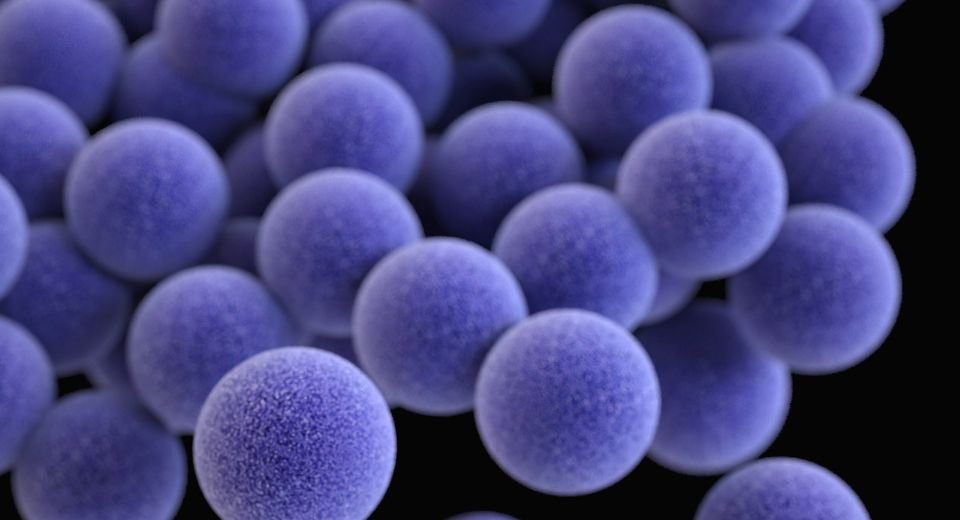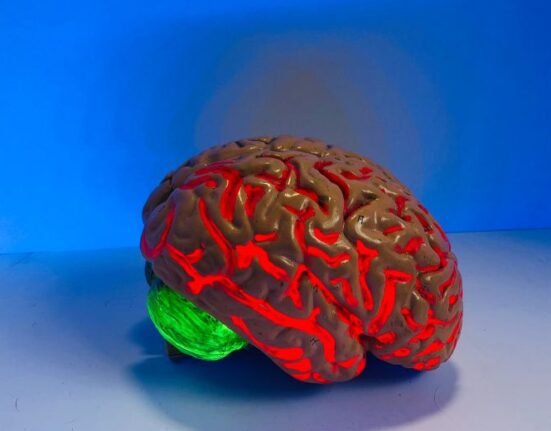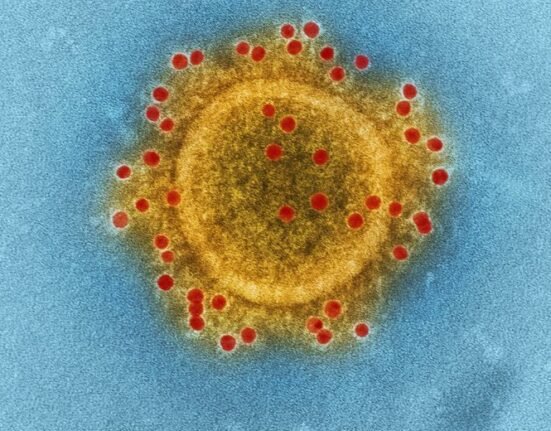HQ Team
Sept 14, 2023: Researchers at the University of Chicago’s Pritzker School of Molecular Engineering have developed an “inverse vaccine” to combat autoimmune diseases, such as multiple sclerosis (MS). Unlike traditional vaccines that bolster the immune system’s memory to target specific pathogens, this innovative vaccine aims to erase the immune system’s memory of a particular molecule.
Autoimmune mechanism
Autoimmune diseases occur when the immune system mistakenly attacks the body’s healthy cells. Conditions like MS, type 1 diabetes, rheumatoid arthritis, and Crohn’s disease are all characterized by this rogue immune response. The University of Chicago researchers’ inverse vaccine mimics the liver’s natural process of marking molecules from broken-down cells, effectively preventing autoimmune reactions against cells undergoing normal cell death.
To create the vaccine, the scientists assembled an antigen, a molecule targeted by the immune system, along with a molecule resembling a fragment of an aging cell recognized as harmless by the liver. Their approach successfully halted autoimmune reactions associated with an MS-like disease.
Jeffrey Hubbell, a professor of Tissue Engineering and the lead author of the study, said of their research in the university press release , “What is so exciting about this work is that we have shown that we can treat diseases like multiple sclerosis after there is already ongoing inflammation, which is more useful in a real-world context.”
Inversing the immune response
In autoimmune diseases, T cells, which are part of the immune system, mistakenly identify normal tissue as foreign invaders. For example, in MS, T cells attack myelin, the protective nerve covering. The research team leveraged the liver’s ability to establish peripheral immune tolerance, demonstrating that tagging molecules with a sugar called N-acetylgalactosamine (pGal) can mimic this natural process.
Hubbell explained, “Rather than rev up immunity as with a vaccine, we can tamp it down in a very specific way with an inverse vaccine.”
In their experiments, the researchers linked myelin proteins to pGal and observed a cessation of the immune system’s attack on myelin. This allowed nerves to function properly and reversed MS symptoms in an animal model. The approach also proved effective in minimizing ongoing immune reactions in other conditions.
An initial Phase I safety trial of an inverse vaccine approach based on the preclinical work was conducted in individuals with celiac disease, and further safety trials are ongoing in people with MS, led by the pharmaceutical company Anokion SA, co-founded by Hubbell.
The current medical approach is to broadly suppress the immune response, leaving patients vulnerable to infections and other side effects. Hubbell emphasized the potential benefits, stating, “If we could treat patients with an inverse vaccine instead, it could be much more specific and lead to fewer side effects. There are no clinically approved inverse vaccines yet, but we’re incredibly excited about moving this technology forward.”
The team’s findings have been published in the journal Nature Biomedical Engineering.








